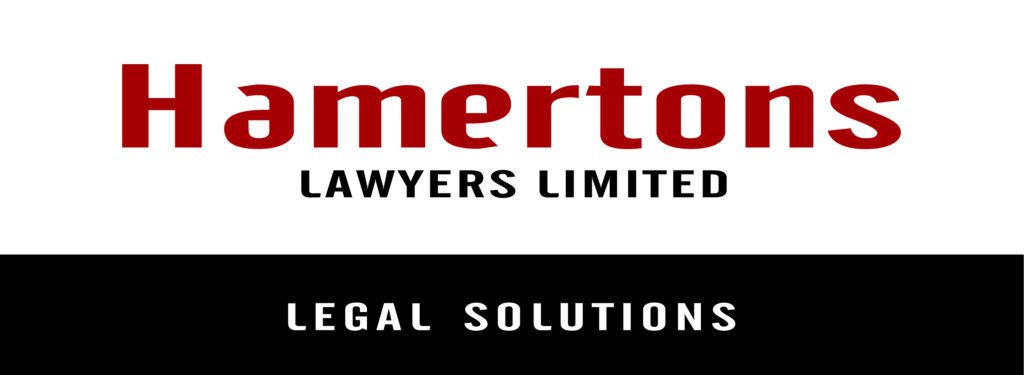News

THE IMPORTANCE OF HAVING A WILL
Blog post brought to you by:

As difficult and uncomfortable as it may be, estate planning is important as it can ensure that your affairs after your death are dealt with in accordance with your wishes; also saving your family stress and potential extra costs while administering your estate. It is important to know that wills do not come into effect until after your death.
Formal administration of an estate by way of Probate of a will or Letters of Administration if there is no will, is required if the deceased holds assets of $15,000.00 or more in their sole name, this could include property, bank accounts, KiwiSaver or shares.
Each will is created to suit a particular individual in how they would like their affairs dealt with after their death. The two certainties included in a will are the appointment of your executors and how you wish to distribute your estate’s assets.
Appointment of executors:
A will appoints executor(s) of your choice, whose responsibility is to carry out the wishes recorded in your will. People may appoint their spouse/partner, family, friends and/or professional trustees. There is no requirement for an executor other than that the person(s) are over the age of 18 and have the mental capacity to execute your will. An executor does have the right to renounce their position if they are unable or do not wish to act upon your death.
Distribution of estate assets:
When preparing your will, you decide who receives your assets and property and who does not. You can make specific bequests of your property and assets to people of your choosing; specific bequests can include anything from boats and coffee tables to family heirlooms, taonga or specific cash gifts.
Anything remaining after your debts, expenses and any specific bequests have been made is called your residuary estate. This can be distributed however you may choose.
Although you can provide for who you would like to include or not include in your will there are particular people who, under current law, you have a duty to provide for. If these people do not believe they have been properly provided for they can make a claim against your estate through the Property (Relationships Act) 1976 and/or the Family Protection Act 1955. This includes spouses/partners and certain family members. It is important to get proper legal advice to ensure that you are aware of any potential claims to your estate.
A few other important things one may add to their will are funeral directions, guardianship of minors, care of pets, gifts to charities and life interest in a property.
There are certain requirements when writing a will for it to be considered valid. Any person can construct their own will or purchase templates to fill in a will, this does come with risks and can cause issues for your executors and family when the time comes for your will to be executed. When having your will prepared with your instructions by a professional person it ensures that your estate is administered in accordance with your wishes and that you are given the correct advice around any legal formalities that may arise.
When a person passes away without having a will it is called dying intestate. When this happens, your estate is administered in accordance with the Administration Act 1969 and not your wishes. This can cause upset and difficulty for many but in particular blended families and families with whangai children, as there may be people who you wish to provide for but will not be entitled to anything from your estate under the Administration Act. It is also more time-consuming and expensive to obtain Letters of Administration under the Administration Act than it is to obtain Probate of a Will.
Creating a will helps ensure that your wishes are known and can be carried out according to your preferences. It also makes the administration of your estate less stressful and costly for your whanau.
If you wish to contact Hamertons Lawyers, click HERE.















